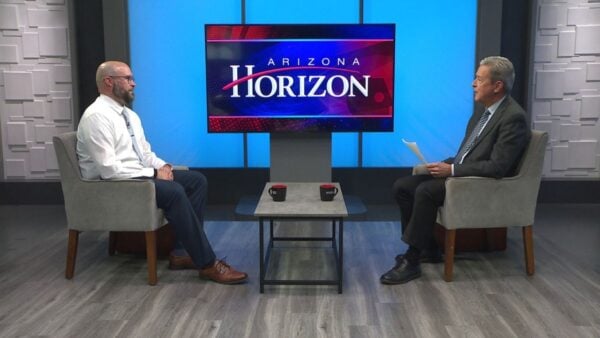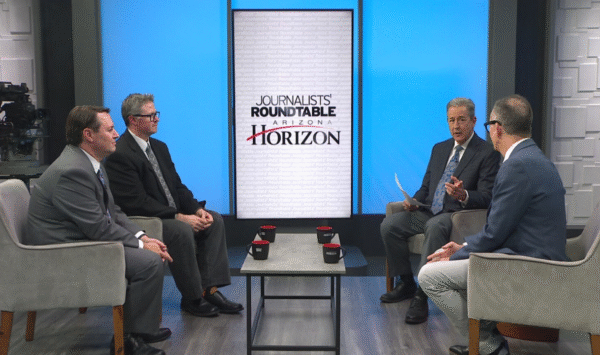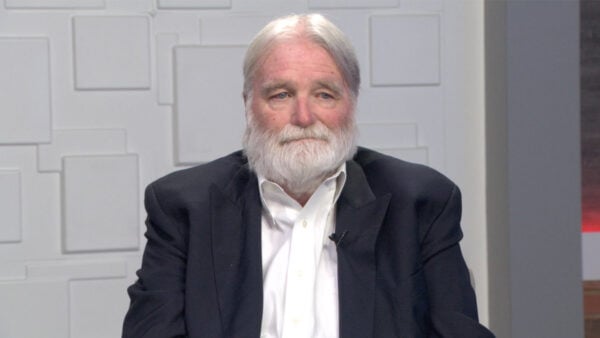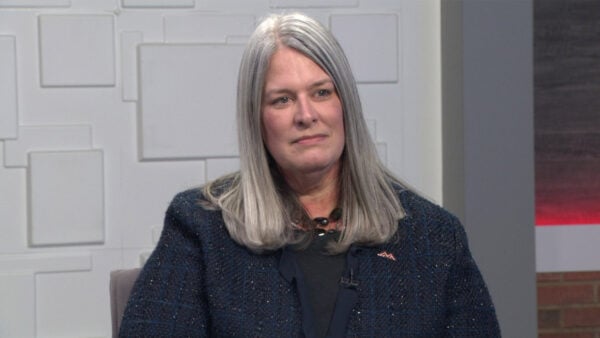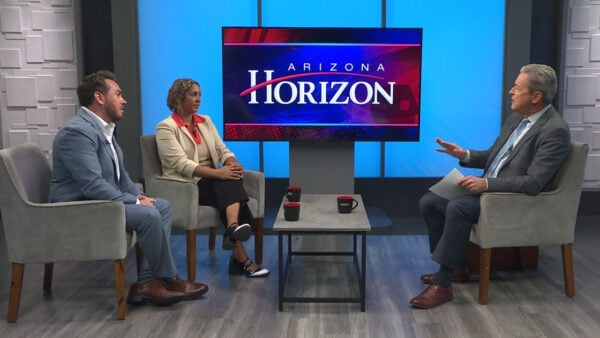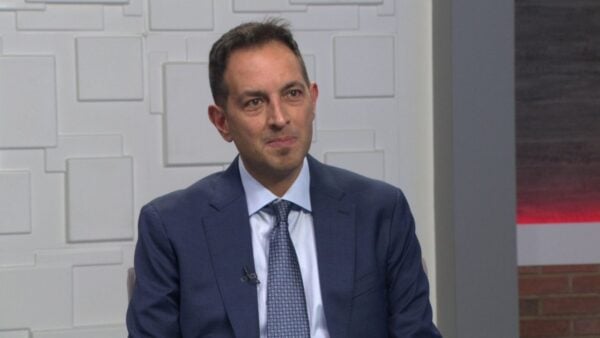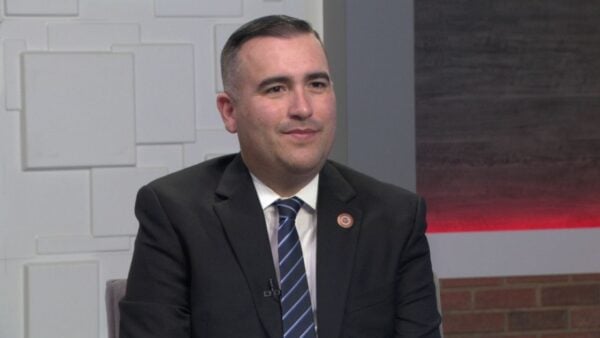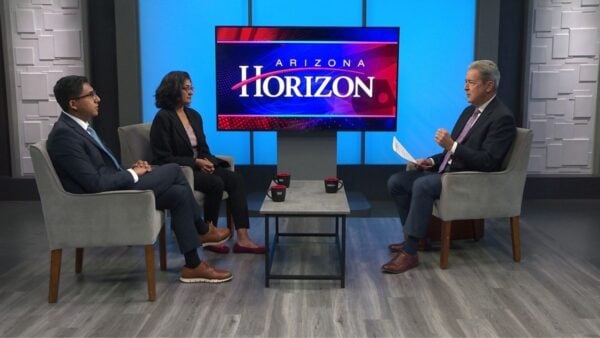The pending cases in the United States Supreme Court
Oct. 24, 2024
Arizona State University law professor Paul Bender and attorney Stephen Montoya of Montoya, Lucero, and Pastor previewed the significant cases pending in the U.S. Supreme Court. Five critical issues to watch are gender-affirming care, gun control, pornographic websites, the environment and vaping.
Gender affirming care for adolescents
Paul Bender: “This one could come out either way. The question is, you have some states, and this case involves Tennessee and Kentucky, and some other states as well. They’ve passed legislation prohibiting the treatment of kids as they start to develop. A boy will be born a boy biologically but will begin to start feeling like, acting like and wanting to be a girl. And there have been treatments developed for that and some of them have been very effective.”
Tennessee and Kentucky have decided to ban these treatments for minors, and as Bender said, “The question is whether those laws are constitutional or not.”
Stephen Montoya: “I think there is a fundamental right involved, and I think it is the right to privacy. As Brandeis pointed out many years ago in the case of Olmstead v. United States, the most sacred right to any civilized society is the right to be let alone, and I have some problems with this type of treatment on adolescents, but I have a bigger problem with the government invading into the family’s right, the parent’s right, to make that decision with their doctors.”
Gun control on ghost guns created from kits
Montoya: “It looked like Justice Roberts and Justice Barrett were going against the ghost gun manufacturers because it’s a menace. These guns do not have serial numbers, there is no background check, they don’t have to maintain sales records. So anyone can buy them. They’re used in crimes to a disproportionate degree. They are a menace, they’re a threat to the public safety, and the regulations and the law and statutes itself specifically name receivers as a gun, and that’s what they’re selling.”
The Gun Control Act of 1968 regulates firearms in the U.S. restricting the sale of firearms to felons, people who use drugs, people who have mental illnesses, minors and those who are dishonorably discharged from military service.
Ted Simons: “Do these guns that you can manufacture fall under the act? They’re guns. You’re not manufacturing grills here. They’re guns.”
Bender: “If you want to read the statute intelligently in terms of what the purpose is and whether its a legitimate purpose, the case is simple. Of course this thing should be subject to regulation. But if you are very hostile to federal regulation, and you are big on gun rights, you could come out the other way and say, ‘Well, the statute is not entirely clear about this.’ We need more clarity before we let the agencies make a law of this kind.”









